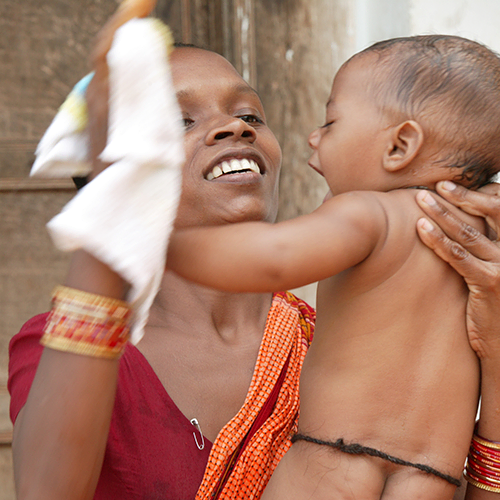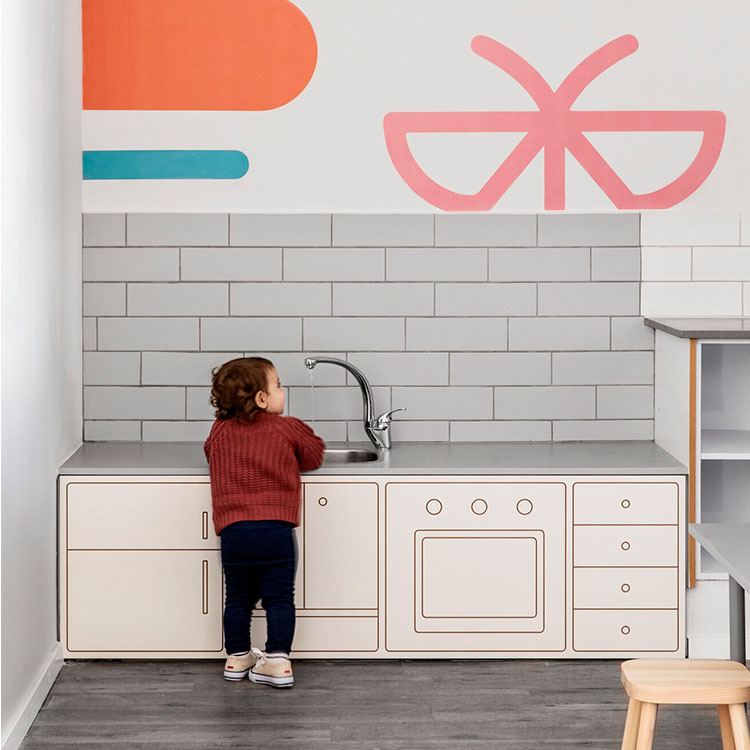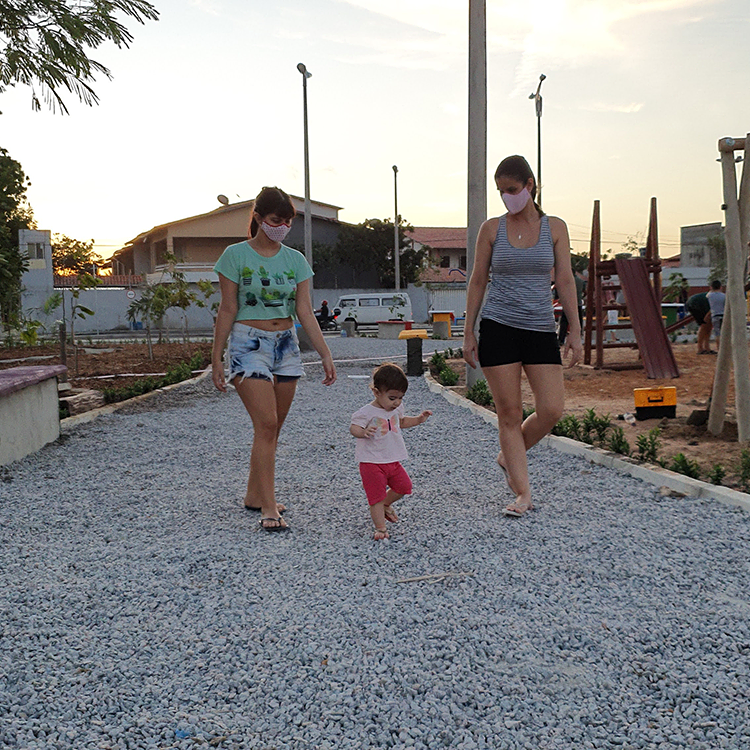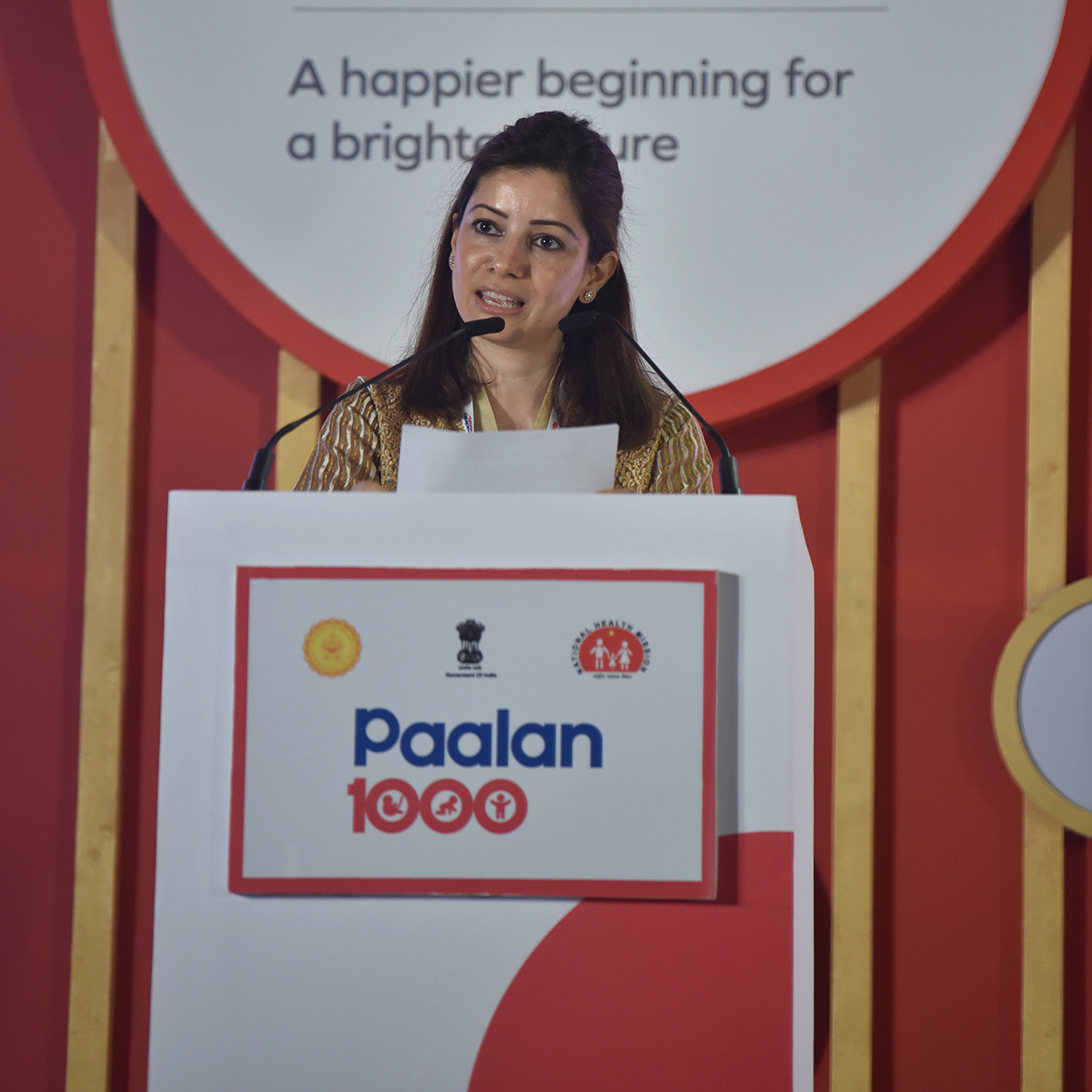The mental health of mothers, fathers and other caregivers is critical for a child’s development, especially in the earliest years. From birth to age 3, the brain develops more rapidly than at any other time in life, forming over one million neural connections every second. As the primary source of care and stimulation in a baby’s world, parents’ actions are key in building this neural architecture. Research shows that caregivers with poor mental wellbeing are significantly less likely to engage in interactive and positive parenting practices.
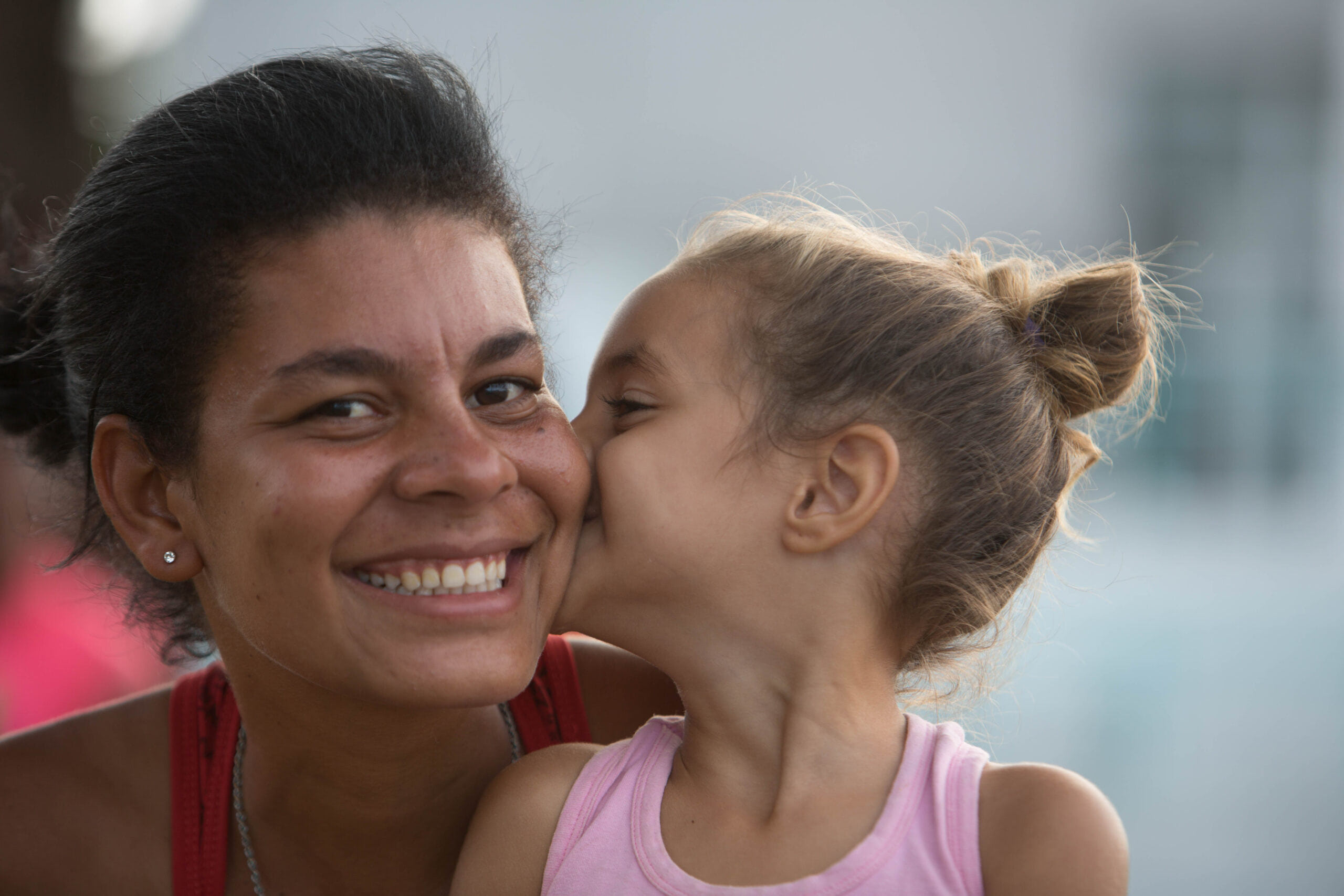
Photo: Courtesy of Jon Spaull/Bernard van Leer Foundation
The mental wellbeing of caregivers should not be taken for granted. Depression has been identified as the leading cause of disease burden in women of reproductive age, and data shows that up to 23% of children have a parent who struggles with a mental illness. These rates increase for caregivers in specific populations such as those living in low- and middle-income countries and for families residing in urban areas.
Research shows a clear link between a parent’s mental health and the physical, cognitive and psychosocial development of their child. Poor mental health in parents impacts their ability to positively nurture, stimulate and play with their child. Conversely, a strong parent-child relationship helps build a child’s resilience, acting as a critical buffer against stress and other risk factors during early childhood.
Strengthening the parent-child bond to support healthy child development is a strategic focus area at the Bernard van Leer Foundation and caregiver mental health is an essential part of this work. Importantly, we believe that mental health is more than the existence or absence of mental disorders. The World Health Organization defines mental health as ‘a state of well-being in which an individual realizes his or her own abilities, can cope with the normal stresses of life, can work productively and is able to make a contribution to his/her community’.

Photo: Courtesy of Halfpoint (via iStock)
Our work emphasizes early intervention, at every moment of parenthood, including promoting positive mental wellbeing, preventing mental ill-health, and strengthening care for parents suffering from a mental disorder. In collaboration with global leaders and local policy makers we work to increase public awareness, integrate mental health into existing healthcare services and improve physical environments through access to nature and clean air.
Our current projects
Together with United for Global Mental Health (UGMH) we have been advocating to increase global and national level finance and policy to improve child and caregiver mental health. Specifically, with BvLF’s support, UGMH has recently developed the first-ever mental health indicator online dashboard, focusing on child and caregiver mental health. With over 10,000 data points from across the world the dashboard provides a data-driven basis to advocate for new policy recommendations and evaluate existing mental health policies for young children and their caregivers.
Additionally, we are supporting families displaced by conflict and disaster through our partnership with the Refugee Trauma Initiative (RTI) in Greece. The experience of fleeing one’s home carries profound levels of stress and trauma that have long-lasting impacts on children and can weaken a parent’s ability to care for their child. RTI takes a holistic, trauma and identity informed approach that trains frontline workers, many of whom are refugees themselves, to bring non-clinical mental health support to every child and family affected by displacement. This support empowers parents to provide stability in their child’s life.
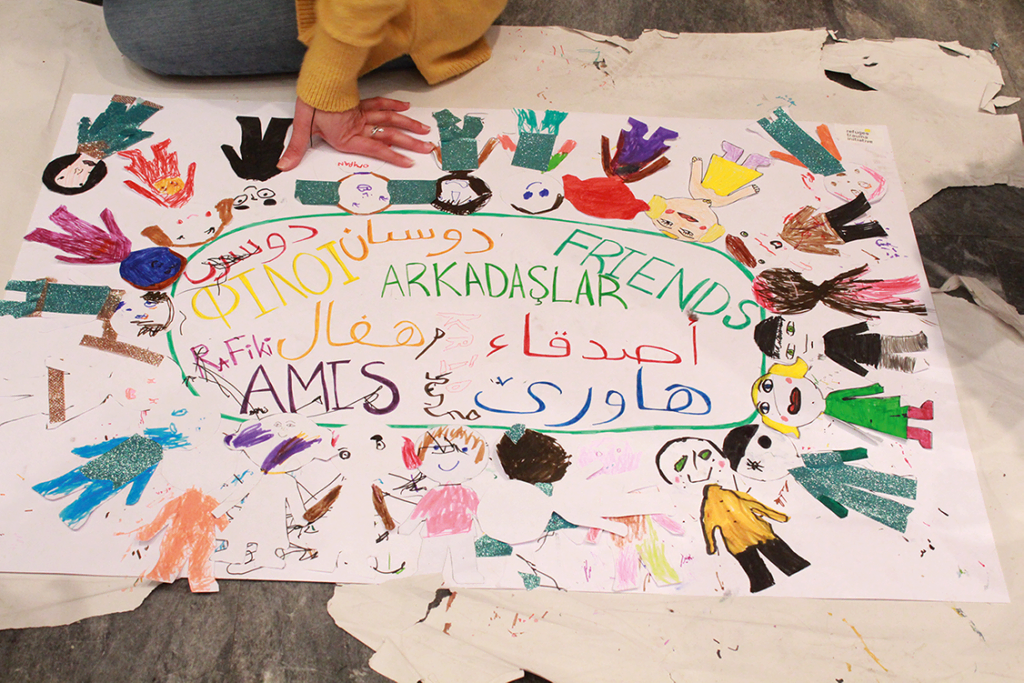
Identity-informed practice helps families reconcile the culture and traditions of their country of origin with their country of asylum. Credits: Bagher Maghsudi.
A holistic approach to mental health also includes accounting for external environmental factors. With over a billion children living in cities and growing evidence of increased risks of poor mental health in urban areas, understanding how urban risk factors impact the mental health of children and their caregivers is urgently needed. With the Centre for Urban Mental Health at the University of Amsterdam, we will systematically review which urban factors are most strongly associated with the mental health of young children and caregivers, leading to evidence-based recommendations for policy makers and urban planners and enabling the creation of urban programmes that purposefully take into account the mental and physical wellbeing of our smallest city dwellers.
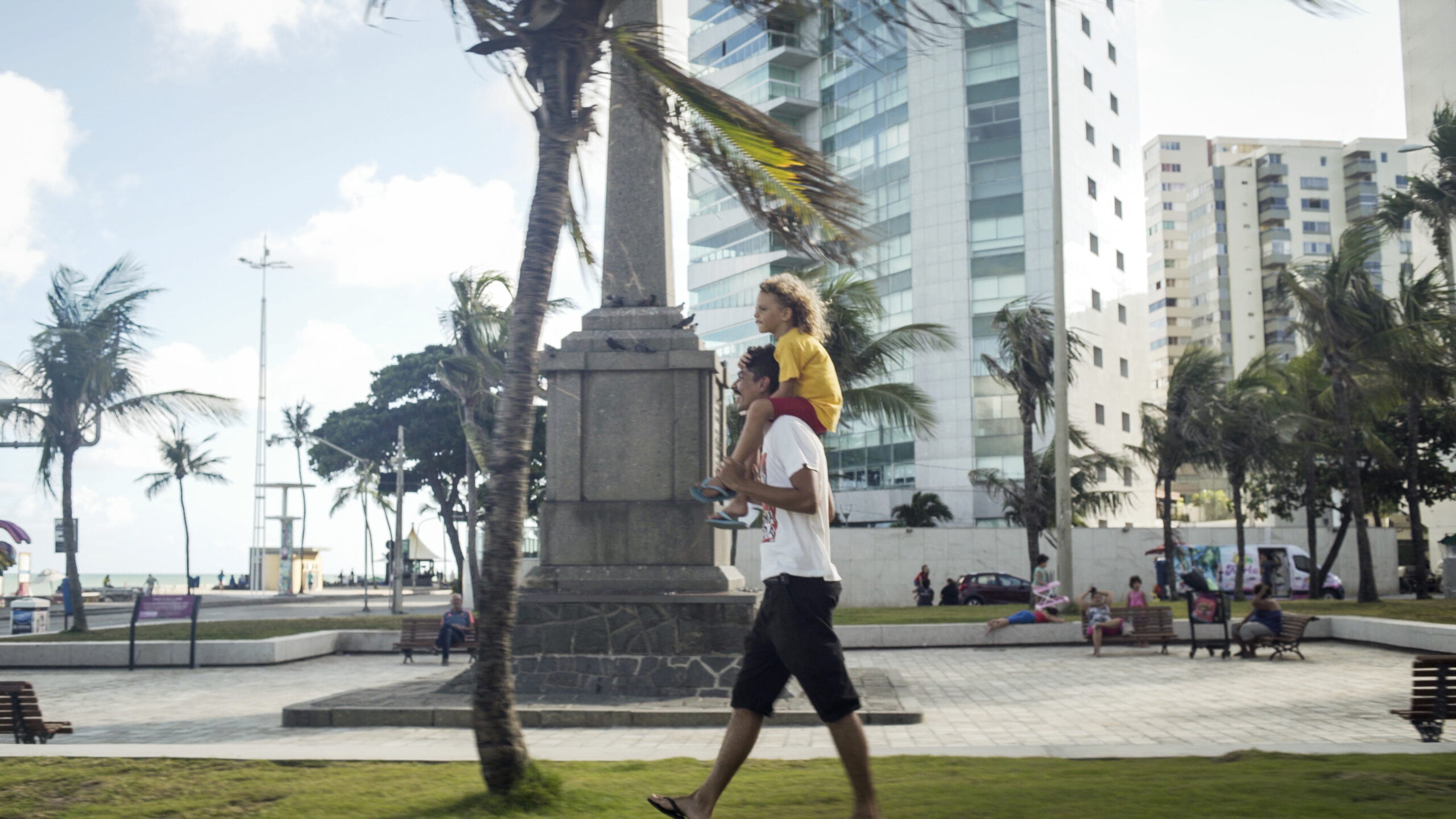
Photo: Courtesy of Jacob Krupnick/Wild Combination
A child’s wellbeing depends on their parents’ ability to provide nurturing and responsive care, and a parent’s ability to provide this care depends on all of us. It is up to us as neighbours, colleagues, communities and societies to embrace and promote a holistic view of mental health and to support caregivers at every point of their mental wellbeing.
By: Mallissa Watts, Programme Coordinator MHPSS & Refugee Response, Bernard van Leer Foundation
